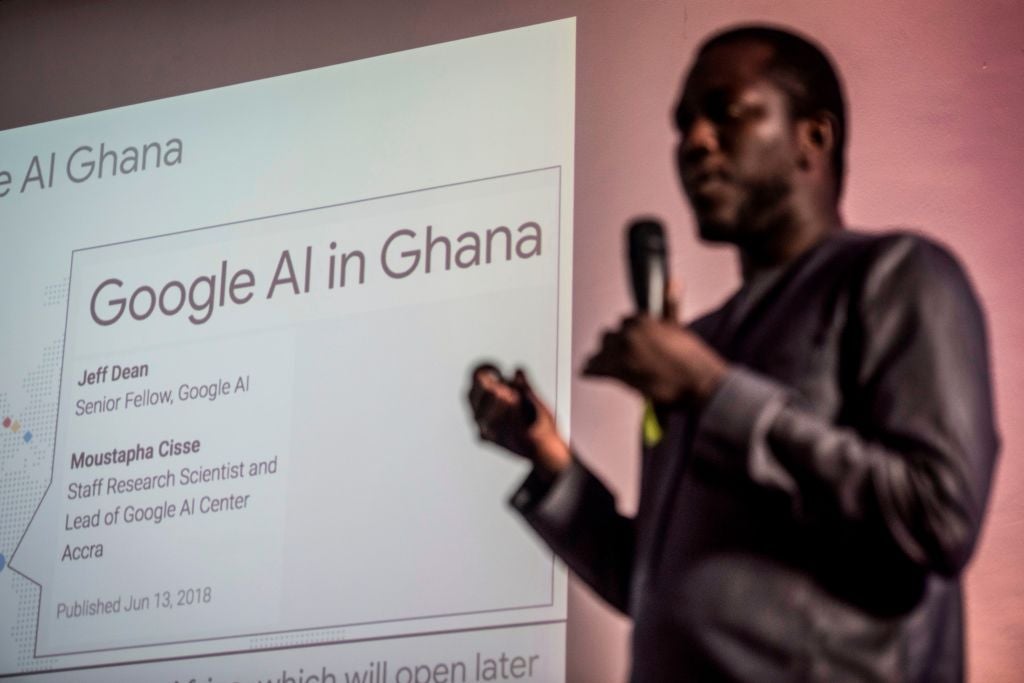Five African Countries Investors Should Watch
Investment Monitor‘s Africa investor guides, covering the north, east, west, centre and south of the continent, used 26 data points to analyse its countries, highlighting the winners and losers across the region by all measures. Following this, Investment Monitor has selected five countries in Africa to watch in 2022.
Egypt
Egypt is one of the largest economies in Africa and in 2019 was the top FDI destination in the continent. The country recorded 140 greenfield FDI projects, an increase of 52% on 2018 and its highest level recorded between 2003 and 2020. Since 2016, and pre-Covid-19, Egypt attracted more than 10% of FDI into Africa, following investments in key sectors such as automotive, financial services, agriculture and ICT.
The IMF has predicted that FDI in Egypt will grow year on year until 2025, adding that the country could see FDI capital investment increases of 59% in the financial year 2021–22 to reach $8.6bn. It further forecasts that FDI will rise to $11.7bn in the financial year 2022–23 before reaching $16.5bn in the financial year 2024–25.
In 2019 the Egyptian government announced the establishment of seven new free zones as part of plans to attract more investors and increase exports and productivity.
Egypt was also one of the few countries to witness growth in GDP in 2020, increasing from $303bn in 2019 to $363bn in 2020. The IMF predicts real GDP growth of 3.3% for 2021 and 5.2% for 2022.
Botswana
Botswana is one of fastest-growing economies in Africa and is set to continue making strides with expected economic growth of 9.7% in 2021. The government has further forecast 4.3% growth in GDP in 2022, according to its budget strategy document. GDP surpassed $18bn in 2018 and 2019 alongside a small decline in inflation.
In October 2021, Botswana was removed from the Financial Action Task Force’s (FATF) ‘grey list’ following improvements in money-laundering handling. The FATF, an intergovernmental body, focuses on money laundering, terrorist financing and other illicit money flows. Removal from the list has sparked optimism and should help efforts to diversify Botswana’s economy and attract foreign investors.
The country also plans to utilise its energy resources. It aims to become a net exporter of electricity by 2027. In 2021 Botswana, Namibia and the US signed a memorandum of intent to create a mega solar project in the two southern African countries. This has the potential to generate 3,000–5,000 megawatts of energy. Once realised it would transform the country to one of the most significant producers and exporters of solar power energy.
Morocco
Morocco’s GDP had been increasing yearly since 2016, reaching a peak of $119.7bn in 2019, before Covid-19 struck. The country has an annual compound growth rate of 4.5%.
Morocco has had one of the more successful vaccination campaigns and has used the Covid-19 pandemic as a chance to rebalance and launch an ambitious programme of transformative reforms. Following two years of drought, the country also had an excellent harvest in 2021, spurring growth in the economy. Agriculture gains are expected to continue, with Morocco’s Minister of Agriculture, Mohamed Sadiki, stating: “Citrus production is expected to increase by 14% and olive production by 21% compared with the previous season.”
Morocco also recently implemented a new agriculture strategy, the Green Generation 2020–2030. Its core objectives are to support and encourage young people to invest in one million hectares of arable lands, creating about 350,000 jobs, and increasing agricultural exports to $6.6bn by 2030.
FDI peaked in the country in 2019, with a total of 111 FDI projects recorded, an increase of 56% on the previous year. Ranking third in Africa in the World Bank's Ease of Doing Business ranking in 2020, and with a 1.7 point increase in its score, the country offers an attractive landscape for investors.
Ghana
Ghana’s GDP has been increasing since 2016, peaking at $72bn in 2020. It was cited as the fastest-growing economy in Africa in 2019. The country is less dependant on oil than some of its counterparts, meaning it was able to combat the recent drop in oil prices.
Having diversified from oil production, Ghana has been building its tech sector over the past few years and its tech-focused products and services are fuelling growth.
The opening of Google's first African AI lab in Ghana in 2019 and the recent announcement that Twitter will establish its African headquarters in the country are expected to further establish Ghana as a regional IT hub. Emphasis is being placed on innovation and start-ups, attracting tech talent to the country.
IT Infrastructure is continuing to develop in Ghana. Telecoms company MTN Group is aiming to provide 4G coverage to 98% of the country by the end of 2022, before quickly introducing 5G.
Tanzania
Tanzania’s GDP has been increasing since 2016, reaching $62.4bn in 2020, growing at a rate of about 6% over the past five years. Inflation declined to 3.3% in 2020 following stabilisation in food prices. The 2020 African Economic Outlook report stated that Tanzania was among the world's ten fastest-growing economies that year.
In 2020 the country reached lower-middle-income status. Tanzania’s Development Vision 2025 aims to propel the country further towards the middle-income bracket by 2025. The African Development Bank forecasts Tanzania’s GDP will grow by 4.9% in 2022 and 6.3% in 2023.
The appointment of President Samia Suluhu Hassan in April 2021 also brought some optimism to Tanzania. Hassan travelled to Kenya for talks to improve trade relations between the countries following years of feuding. She has also promised to lower income tax and review existing tax structures and charges.
The outlook is positive for these African countries, all of which are on a growth trajectory. Although Covid-19 and the Omicron variant will pose yet more challenges, each looks well positioned to emerge from the pandemic in a healthy state.
Investment Monitor's investor guides split Africa into five regions to assess their attractiveness for FDI:


